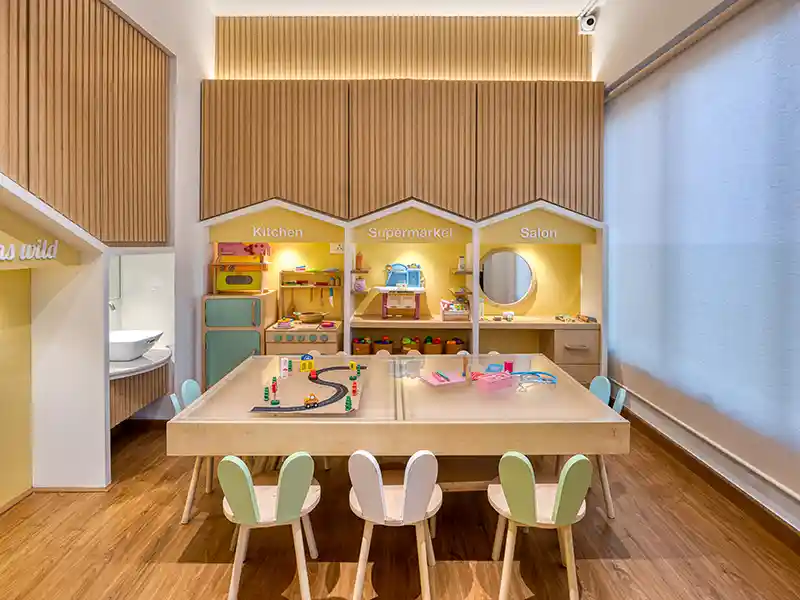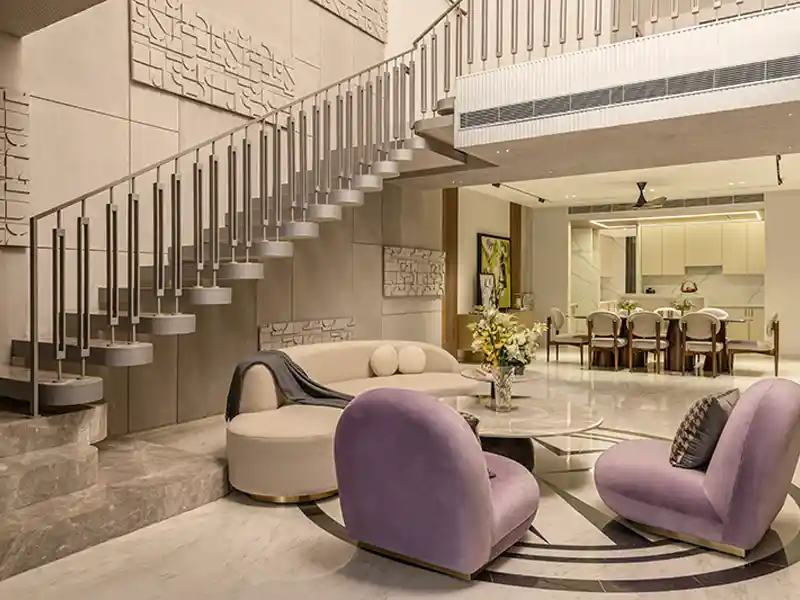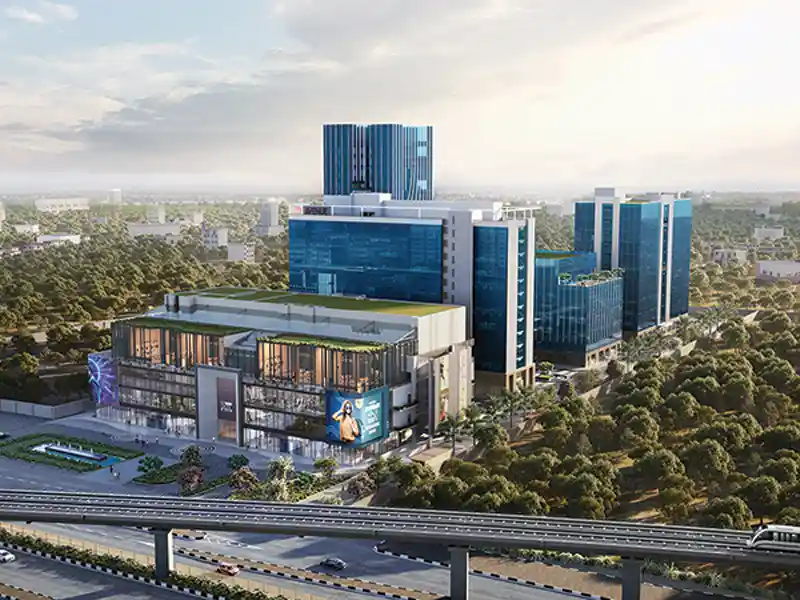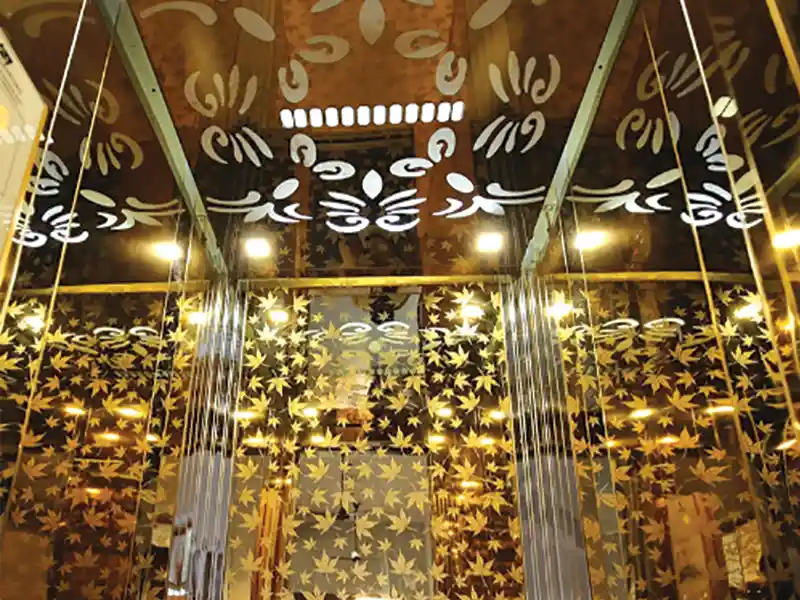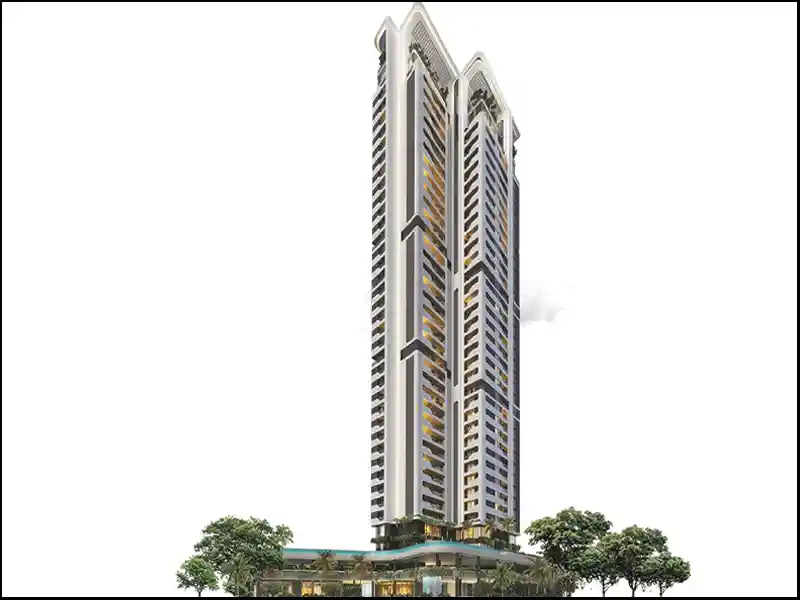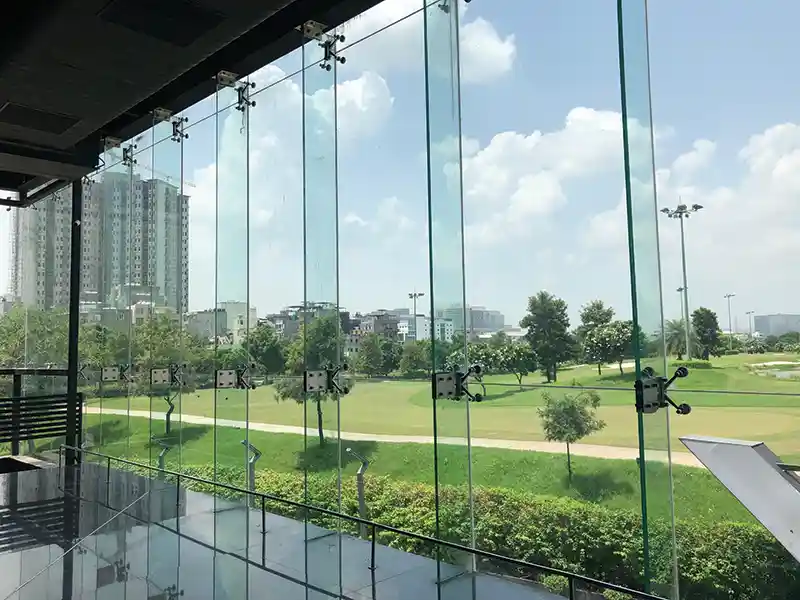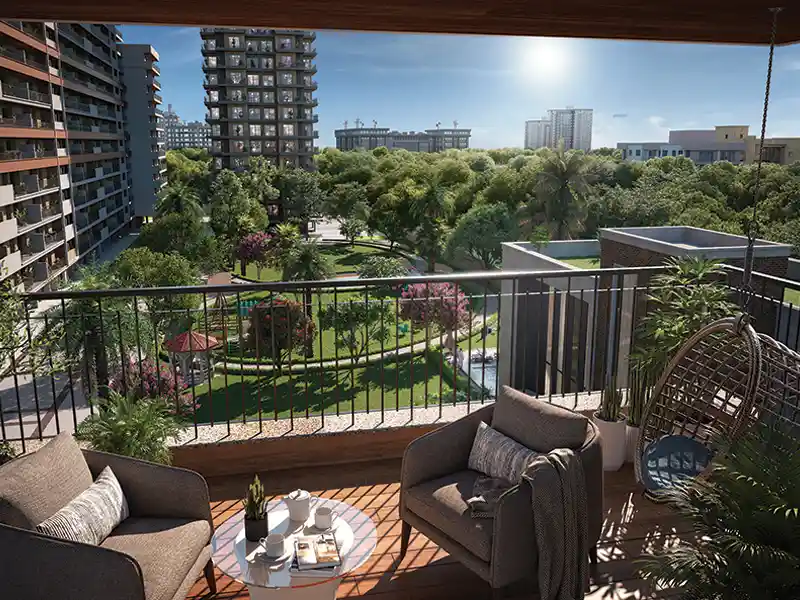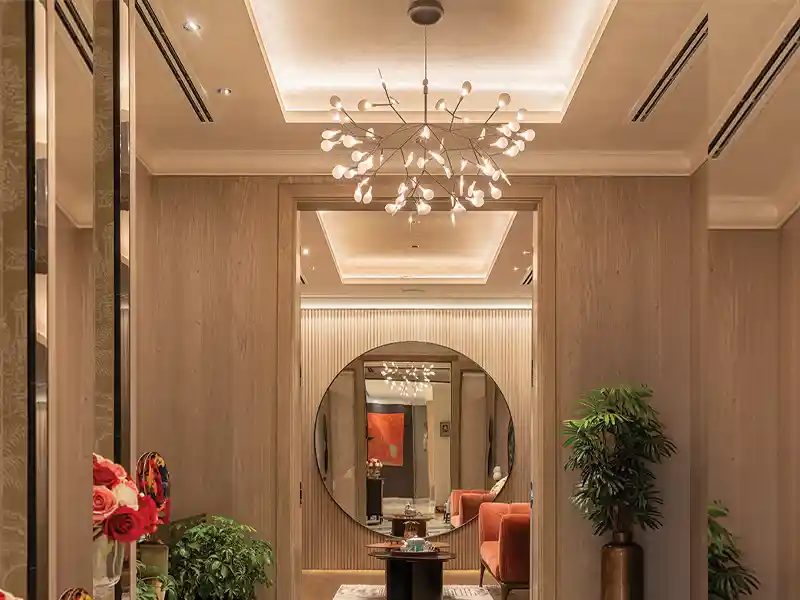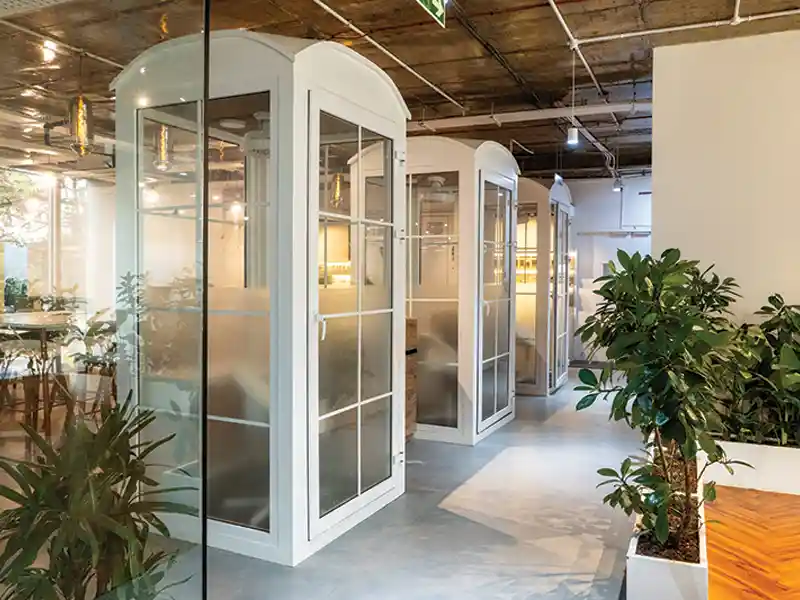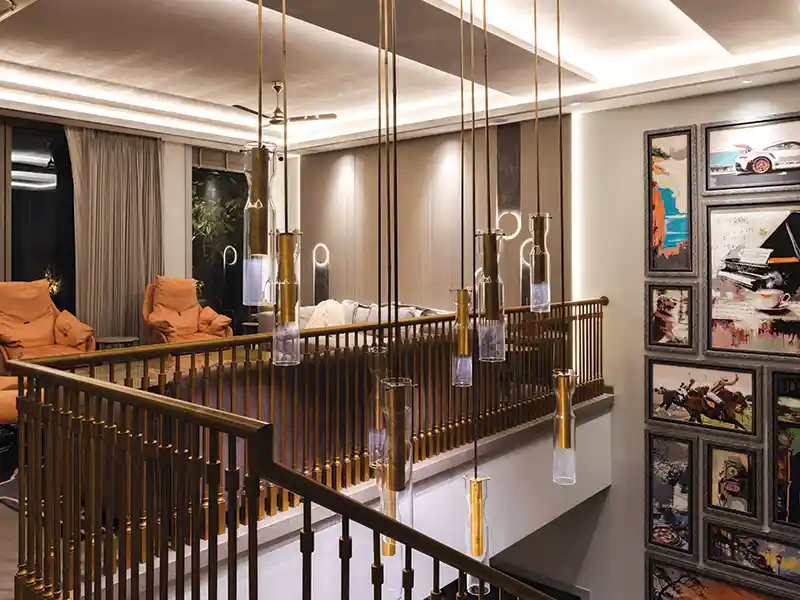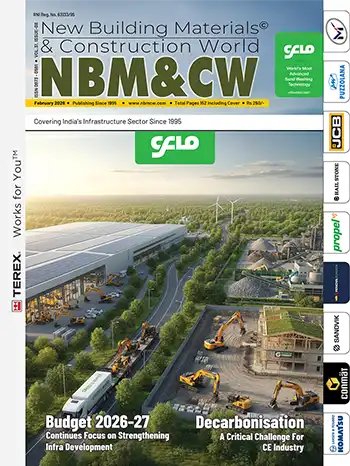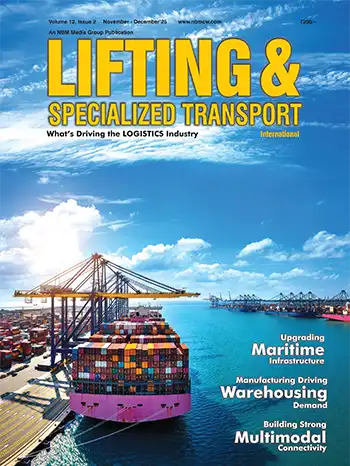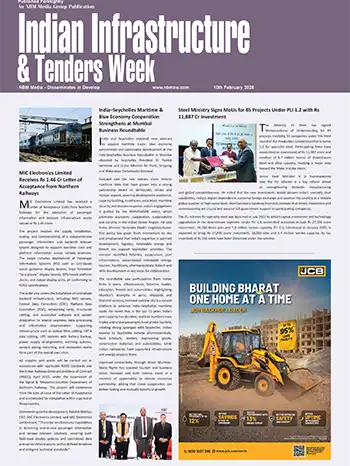How has the company Furnitech grown since its inception?
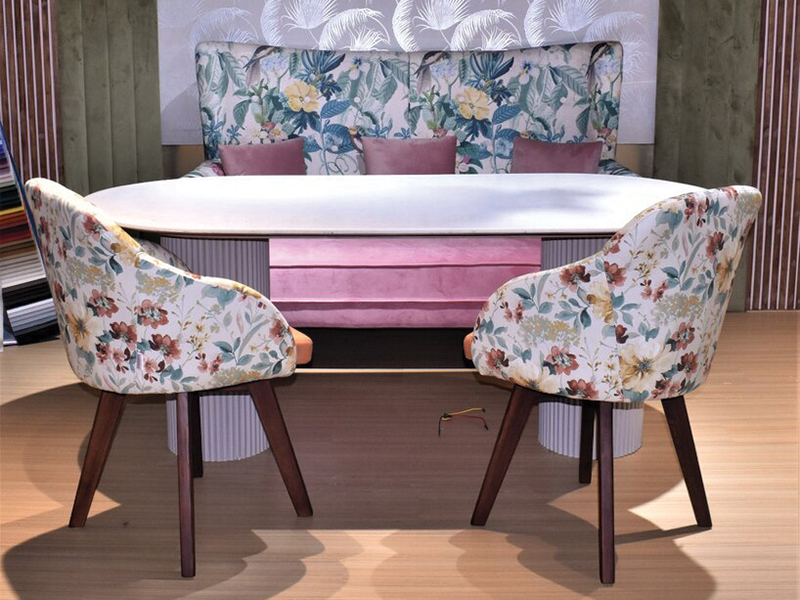
The company’s main priority has been to ensure the best resource optimization, achieving zero wastage, sustainable growth, and eco-conscious production. The core objectives are to constantly improve its carbon footprint and use only eco-friendly and sustainable products to make a more viable impact on the environment.
Furnitech has ZED certification (Zero Defect Zero Effect) given by the government of India to state that the company ensures a “zero effect” on the environment. Furnitech has also announced a maintenance programme for all its existing customers. In the coming years, it plans to expand its manufacturing base to five times the current capacity, with high-tech production facilities and world-class products.
We have now gained recognition as India’s leading manufacturer and exporter of upholstered furniture that offers superior ergonomics, sustainable elements and aesthetic components. We are vendors to many Indian brands like Danube Homes, Asian Paint Homes, Royal Oak, and online brands like Pepperfry, Amazon, and international retail furniture brands like Home Box (Dubai), etc.
What does the Furnitech range comprise?
Furnitech boasts of a 30,000 sqft showroom and experience centre in Pune. It houses the finest range of Sofas, Centre tables, Recliners, Lounge chairs, Dining sets & Beds catering to mid-premium Homes, Architects, Interior Designers, Hotels, Restaurants, Airports and Offices. Through technology and innovation, the company has made it possible for shoppers to quickly find from a wide selection of more than 10000 items across diverse furniture categories. We have tie-ups with global partners and have steadfastly grown as a major player in the furniture export market.
Recently, the company forayed into the franchise model for its luxury brand Furniture Luxe, which has been one of the most successful growth initiatives for Furnitech. Currently, the company has 5 furniture experience centres in Pune, Chennai, Bhubaneshwar, Aizawl, and Indore. With an overwhelming response for the Furniture Luxe franchise business, the company plans to expand its presence nationally across major metros and in tier 1 and tier 2 cities.
Our priority is to ensure resource optimization, achieve zero wastage, and to constantly improve our carbon footprint by using only eco-friendly and sustainable products.
Jinal Shah
Furnitech is the only Indian company with Cedex certification and is a proud member of MSME India, Round Table, AFMT and AFMI India. With 25 years of expertise, cutting-edge technology including CRM, IVR software, automated manufacturing, an evolved supply chain system and high warranty products, the company has created a world-class showcase to cater to Indian homes and establishments.
We are in our 25th year of establishment, and have launched Casa Meraki, an ECO luxury collection of premium furniture with a sustainability initiative. We are opening up franchises across the country and of course in our home ground (Pune) too.
What eco-friendly elements are you adopting in your manufacturing processes?
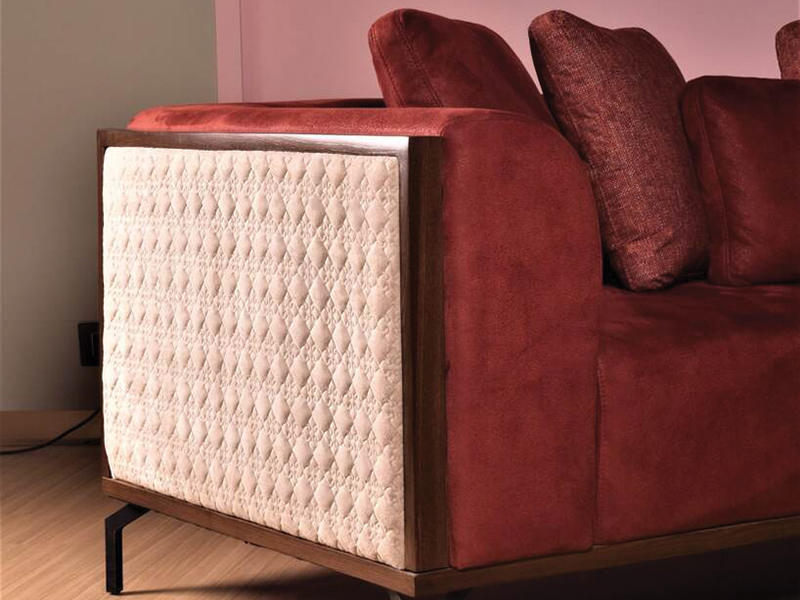
A lot of the toxic air that we breathe in comes from chemically treated raw materials and the air which it pollutes. Unknowingly we inhale toxic gases emitted from our walls, furniture, vinyls, laminates, etc. From the paint we use to the fabric we choose for our couches, each element has a property which may not suit the human constitution. It blocks oxygen supply to cells which in turn causes health issues.
Today, solid wood, metals, organic fabrics like jute, bamboo, linens, marble, stone, etc are emerging as dominant materials in furniture. Also, it’s high time that we use our resources carefully, and replenish them too. They seem to be freely available but may soon be depleted.
Please give examples of furniture designed and produced under Furnitech BOW.
All cuttings of wood, veneer, plywood, leather, and fabric are upcycled into smart consumer products like laptop sleeves, folders, coasters, mats, cushion covers, planters, modern art wall murals, which can be used by teenagers, working professionals, modern homemakers, etc. This is a collection of BOW (Born Out of Waste) which is an initiative under the Furnitech Foundation.
How is 3D modeling, AR, and automated manufacturing impacting the modern furniture business?
Technology is the way forward; we did our first 3D modelling way back in 2008, with animations and changes of fabrics at the click of a button. Now more so with digital and hybrid modes being adapted by people at large, going digital is the only way to engage with the millennials. Digital marketing is more impactful than a newspaper advertisement. One can even buy a couch online, which traditionally one would not buy without the touch and feel experience from a brick-and-mortar store.
CNC machines are accurate, fast, and error-free. Even carving, which used to be a skilled labour job, can now be done on CNC machines. This of course has made a drastic change in the manufacturing processes. But this has impacted negatively the skilled labour employment number.


